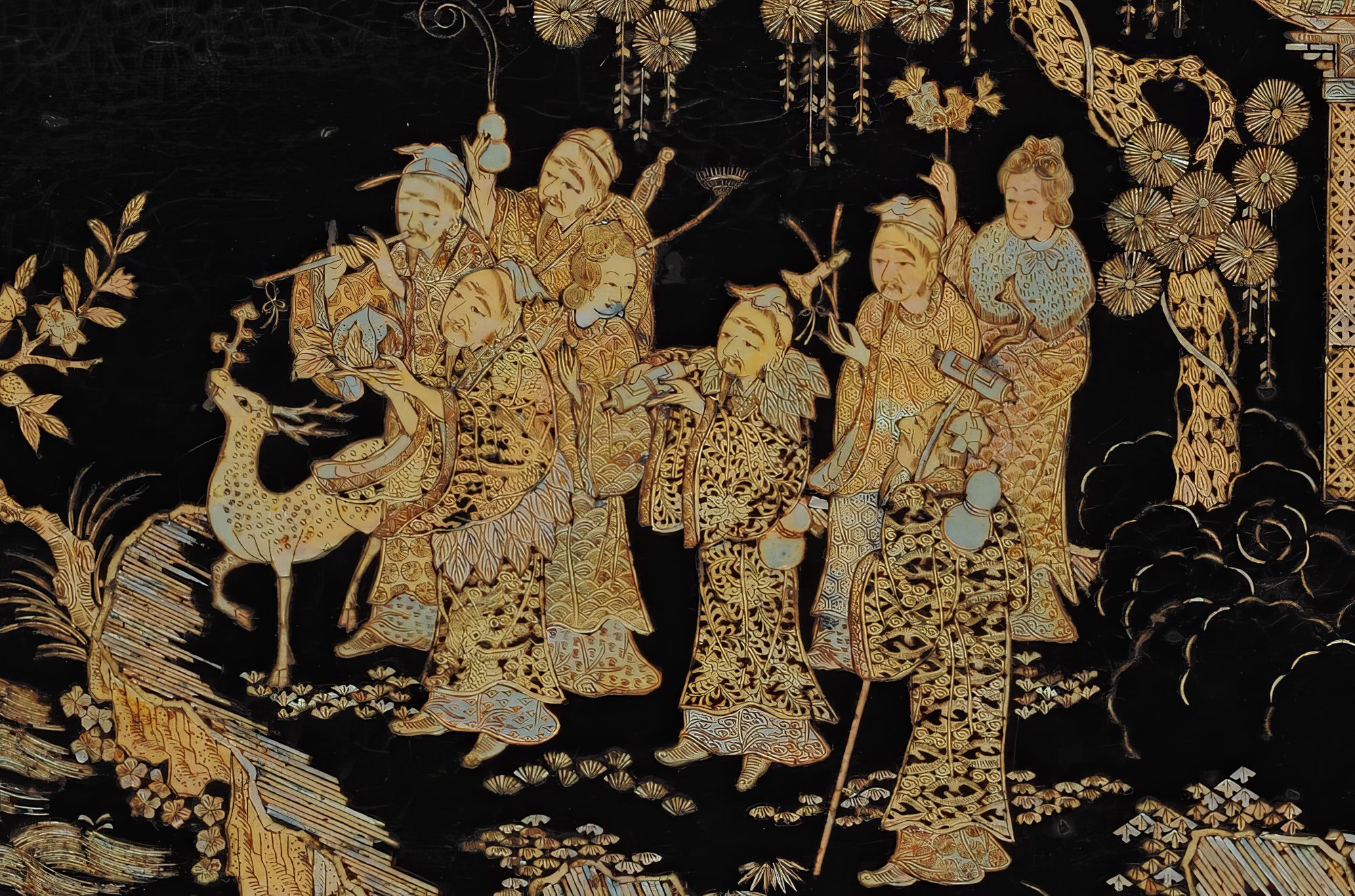Jing, also known as Essence, is one of the five vital substances known in Chinese Medicine. Daoism has a rich tradition of internal and external alchemical practices aimed at achieving spiritual enlightenment and, in some interpretations, physical immortality or at least an extended life. Many of these practices involve refining and transforming Jing into qi (vital energy) and then further into shen (spirit), in pursuit of a purified, immortal spirit or body.

Jīng [精] from left to right is composed of the character for 'rice' and the symbol for 'clear' or 'refined.' We can deduct from this that Jīng, Essence refers to something that went through the refinement process. Something was extracted into a delicate and pure essence from a coarser substance. This also implies that the Essence is something precious to be taken care of.
On a more pragmatic level, jing is associated with an individual's foundational health and vitality. Those with strong jing are believed to be more robust, fertile, and long-lived, while those with weak or depleted jing may experience health issues and a potentially reduced lifespan.
In Chinese Medicine, the term Essence can be understood in three different contexts:


